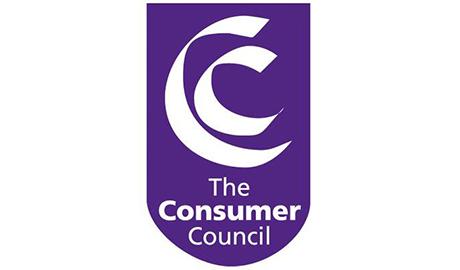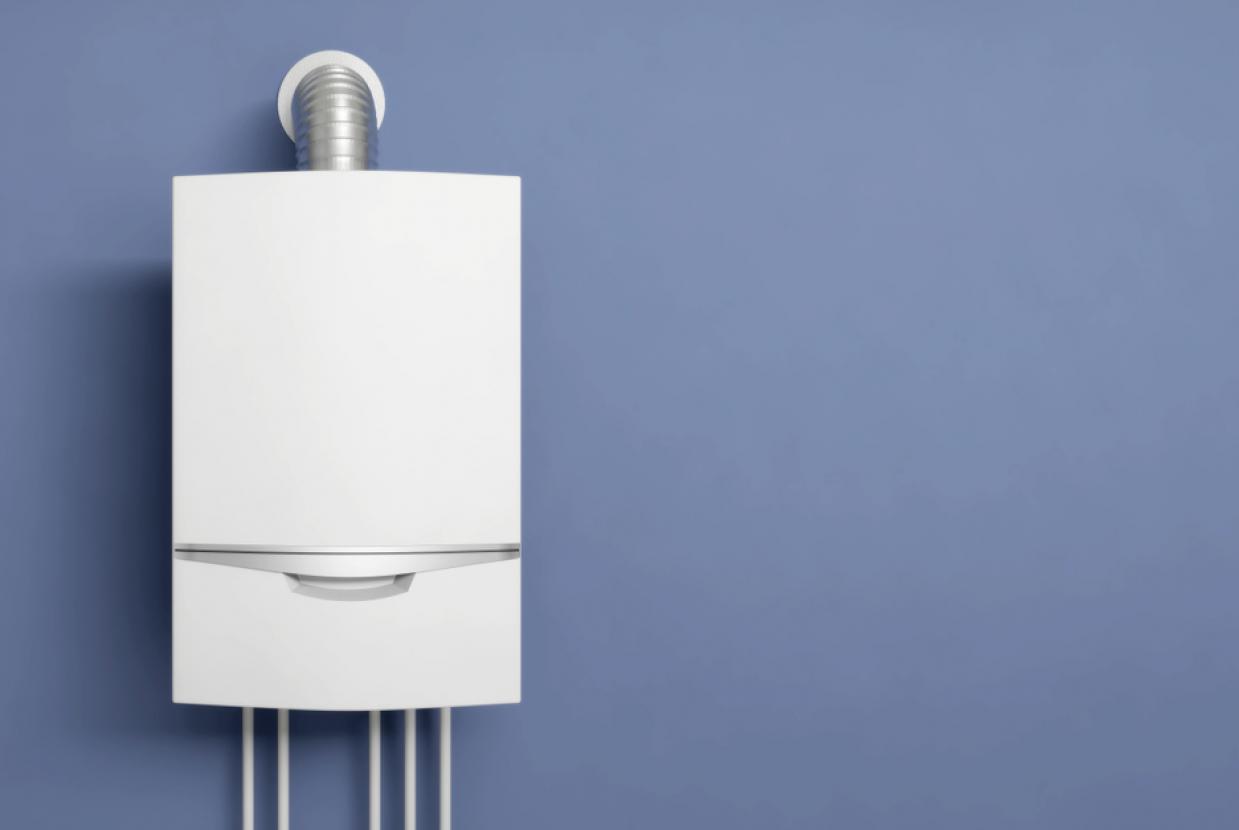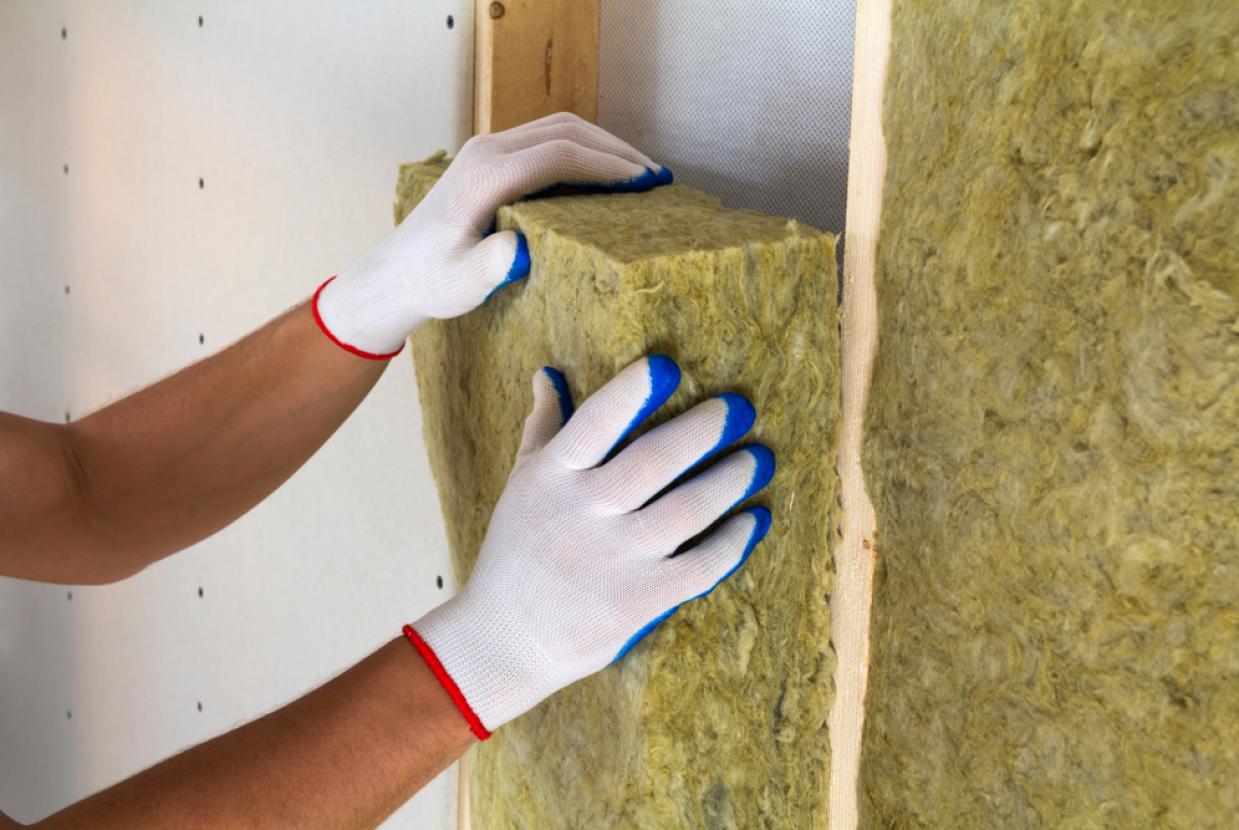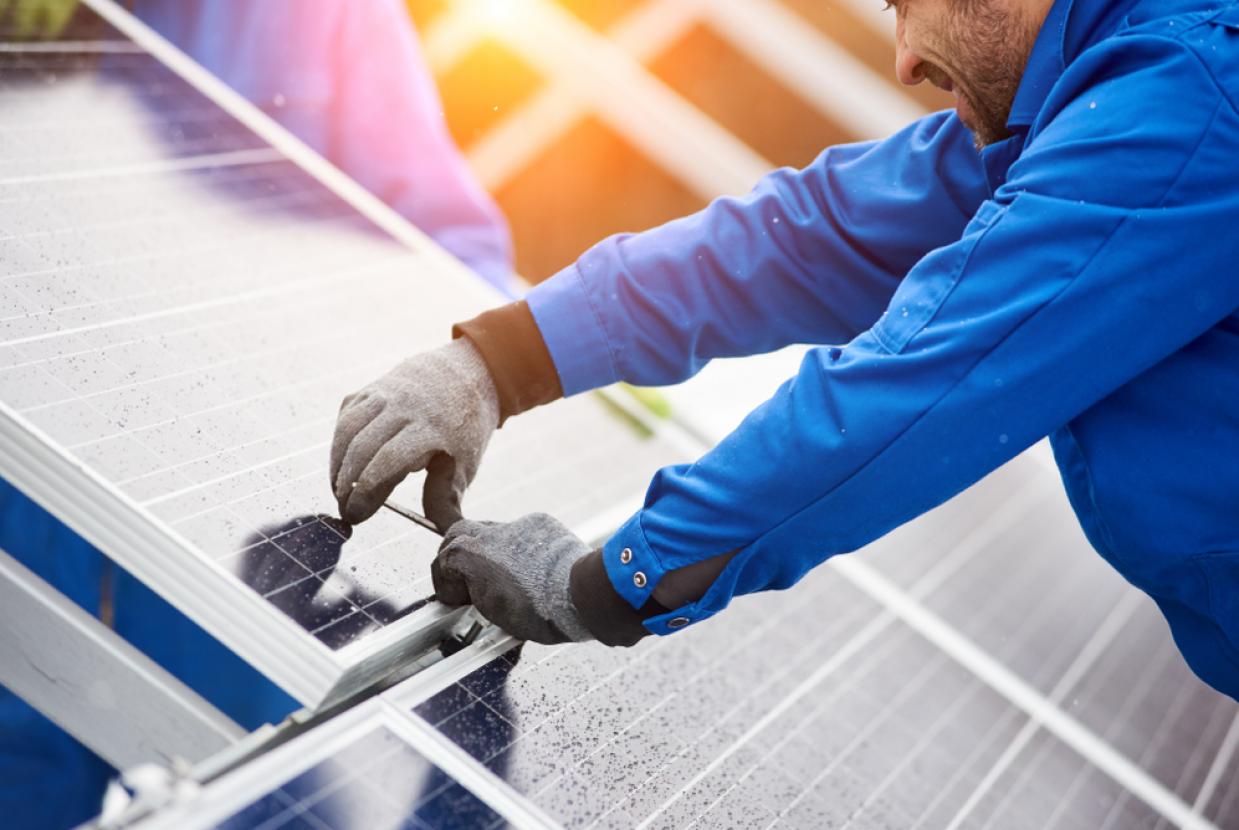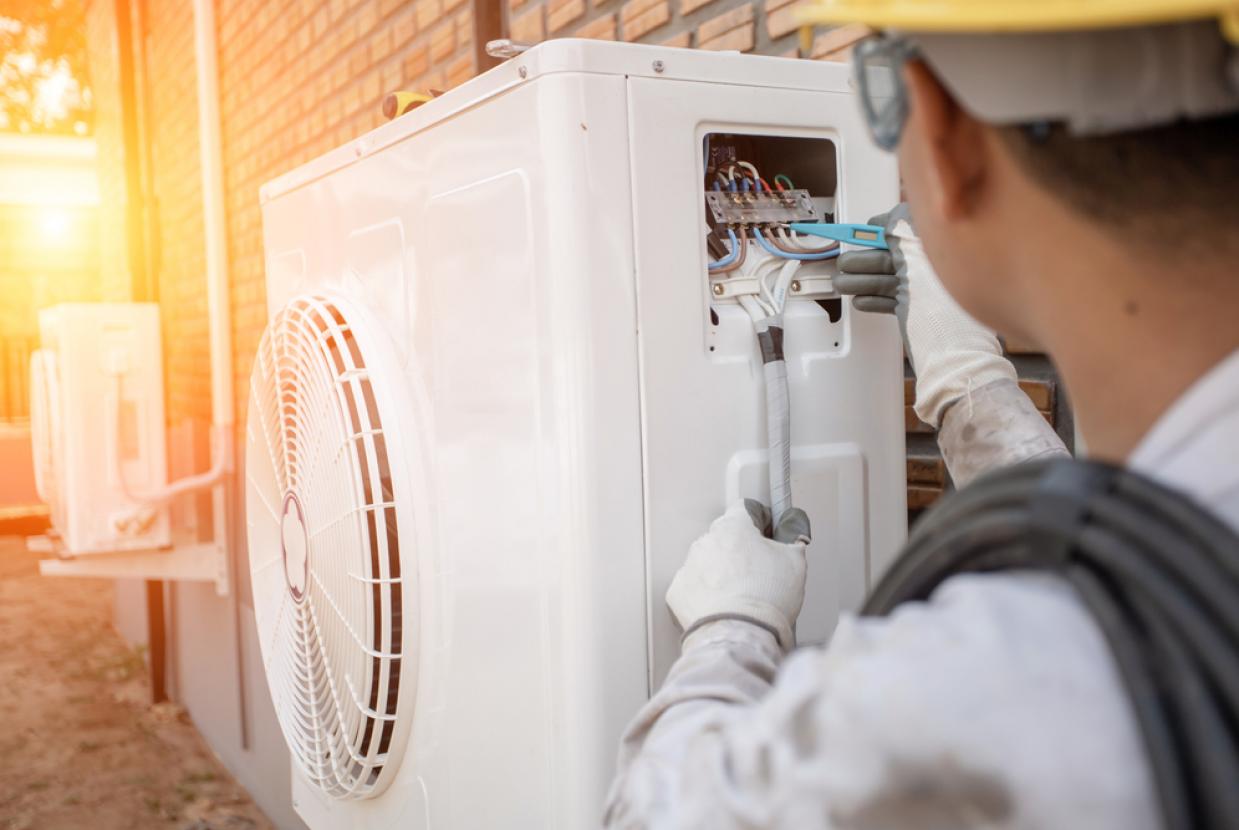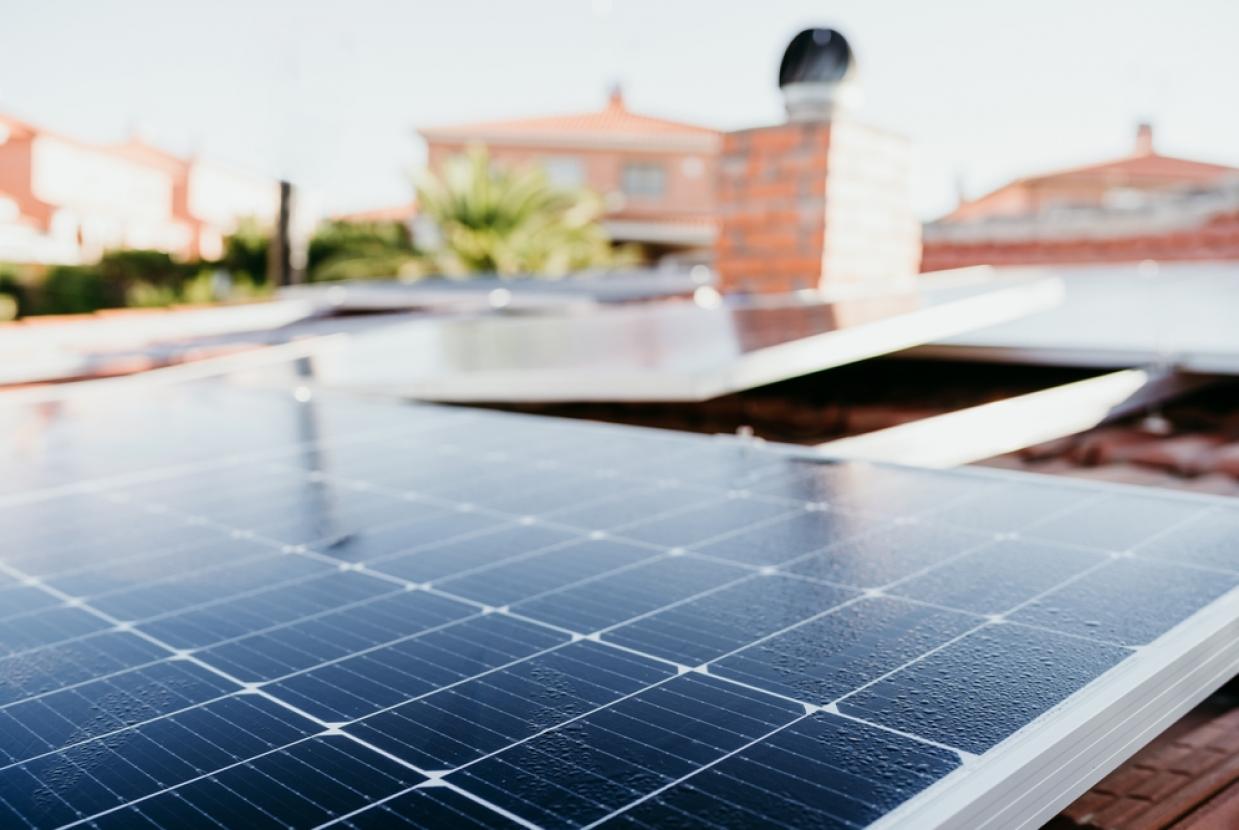Energy Efficiency Tips & Tools
Energy / Financial HealthEvery one of us is an energy user and there are many things we can do to reduce how much energy we use. This is especially good news for the bill payer as using less energy means more savings. Did you know that by taking some simple steps you can save around £100 per year off your electricity bill?
Follow the Energy Saving Trust's tips:
- Turning down your thermostat by just 1°C could save up to £80 on your energy bill.
- If the average household replaced all of their bulbs with LEDs, it would cost about £100 and save about £30 a year on bills.
- Save around £35 a year by switching off appliances at the wall instead of leaving them on stand-by.
- Save up to £14 a year by switching off lights that are not being used.
- Save around £8 a year by spending one minute less in the shower each day.
- Only fill the kettle with the amount of water you need to save around £8 per year.
- Reducing your washing machine temperature to 30°C can save around £10 a year.
- Shutting down your laptop instead of leaving it on standby mode can save you around £19 per year.
For more information visit the Energy Saving Trust website.
Other energy saving tips:
- You can save around £155 per year putting in loft insulation.
- Topping up your loft insulation from 120mm to 270mm could save around £18.
- Having your boiler serviced regularly, not only means that it’s safer, but that it’s as efficient as possible.
- By submitting your own regular meter readings you can ensure that you are on top of your energy bills and avoid any estimated billings. For help on submitting meter readings check out our how to take a meter reading video.
Switching payment option, changing billing method or switching supplier can save some money. Use our free Energy Price Comparison Tool to help you get the best deal.
Energy Efficiency Tools
We’ve developed some handy tools to help you see how much money your electrical appliances are costing you to run. Just go to the two links below to see how much your Sunday roast costs to cook or how much you spend on lighting the tree for Santa Claus.
The single appliance checker will let you see how much appliances cost to run on a per minute, per hour and per day basis. Handy for checking out how much that new fridge will cost to run:
Energy Efficiency Grants and Schemes
You may be able to get some help to update your heating system and add other money saving measures to the fabric of your home.
Making sure your home is well insulated can significantly reduce unnecessary heat loss too. Good insulation means lower energy bills and a more comfortable home. This is especially important for older people and people who are unwell.
The following schemes are in place to help:
Scheme | Information/Criteria |
Affordable Warmth Scheme | You may be eligible if you are an owner occupier or householder of a private rented property and your gross annual household income is less than £23k. |
Boiler Replacement Scheme | This scheme is open to owner occupier whose household income is less than £40k and who have an inefficient boiler of at least 15 years old. |
NI Sustainable Energy Programme (NISEP) | NISEP is a fund that is collected annually from the NI electricity tariff and then invested into energy efficiency projects to benefits consumers and reduce bills. |
Oil Buying Clubs | The Housing Executive has established Oil Clubs across NI which has enabled householders to buy oil at a reduced price and make savings. More information is available on The Housing Executive website. |
For expert advice on energy efficiency and the assistance available you can check out The Housing Executive.
We also recognise that some people face difficult decisions with the limited money they have, particularly when it comes to heating their homes or eating. We work with National Energy Action, the national charity working to end fuel poverty in Northern Ireland. Ensuring the grant and assistance schemes remain available is just part of that work.
Home Heating Comparison
Heating your home is easier to do when you have efficiency measures in place such as insulation. Your rooms heat up quickly and it costs less to maintain the comfortable level of heat which is 21 degrees for your living space and 18 degrees for all other rooms.
Regardless of insulation or the other measures you have in place, your annual heating costs depend on the type of fuel your central heating system uses. Some fuel types can cost more than double for the same property size so it’s important to consider all of the options available when deciding to install of update your heating system.
Visit our Home Heating Oil Tool for weekly costs of 300L, 500L and 900L in local areas.


